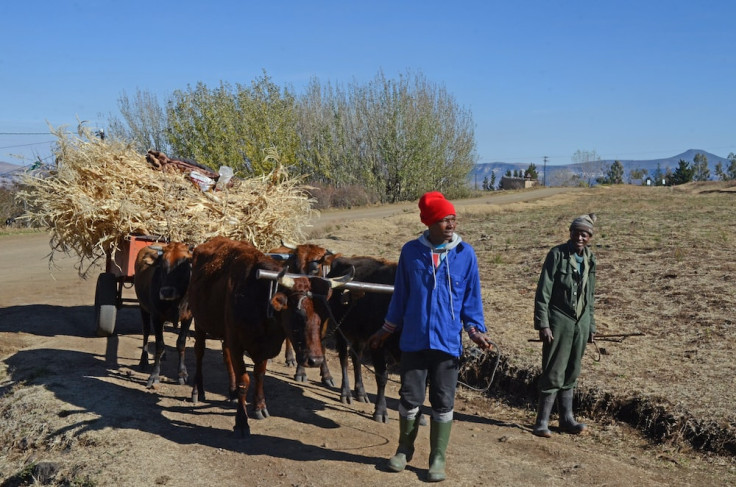Kingdom Of Lesotho To Discuss Motion On Reclaiming Parts Of South Africa

The Parliament of the Kingdom of Lesotho is set to discuss a proposed motion on the reclamation of some parts of South Africa.
According to a government notice issued on Dec. 12, the "reclamation of Lesotho territory will be pursued."
"The Honourable House resolves, pursuant of Section 1(2) of the Constitution, to declare the whole of the Free State, parts of the Northern Cape, parts of the Eastern Cape, parts of Mpumalanga, and parts of KwaZulu-Natal as comprising the territory of the Kingdom of Lesotho," the notice read, as per News24.
Tsepo Lipholo, leader of the Lesotho Covenant Movement in Parliament, is pushing for a motion to be heard after the Christmas break, a source within the Lesotho Parliament told the outlet.
The matter pertains to the historical migration of the Basotho people from southern Africa to present-day Lesotho.
Basotho people have a rich history in Southern Africa, dating back to long before the Mfencane. They originally resided in the Orange Free State, Eastern Cape, Northern Cape, Mpumalanga, and parts of KwaZulu-Natal. However, due to various Nguni wars, they were forced to migrate north and eventually settle in present-day Lesotho.
The name of the country, now known as the Kingdom of Lesotho, was charged from Basutoland upon independence from the UK in 1966. After 23 years of military rule, a new constitution was implemented in 1993, stripping the King of all executive authority and political involvement.
In 1998, protests and a military mutiny following a contentious election prompted a brief South African military intervention. Since then, constitutional reforms have restored political stability and peaceful parliamentary elections were held in 2002.
Since South Africa got involved in the Lesotho Highlands Water Project, its influence in the country has grown significantly. Launched in 2003, phase 1 of the project has been completed while phase 2 remains under construction. It is designed to provide a reliable water supply and hydro-power to the region.
In 2010, Vuyani Tyhali, a trade unionist, started a petition in support of annexation, saying, "We have 30,000 signatures. Lesotho is not just landlocked – it is South Africa-locked."
Ntate Manyanye, a charity director, cited the AIDS epidemic as a reason why Lesotho could no longer survive as an independent country.
"Lesotho is fighting for survival. We have a population of about 1.9 million but there may be as many as 400,000 AIDS orphans among us. Life expectancy has fallen to 34. We are desperate," Manyanye said.
© Copyright 2025 IBTimes ZA. All rights reserved.




















